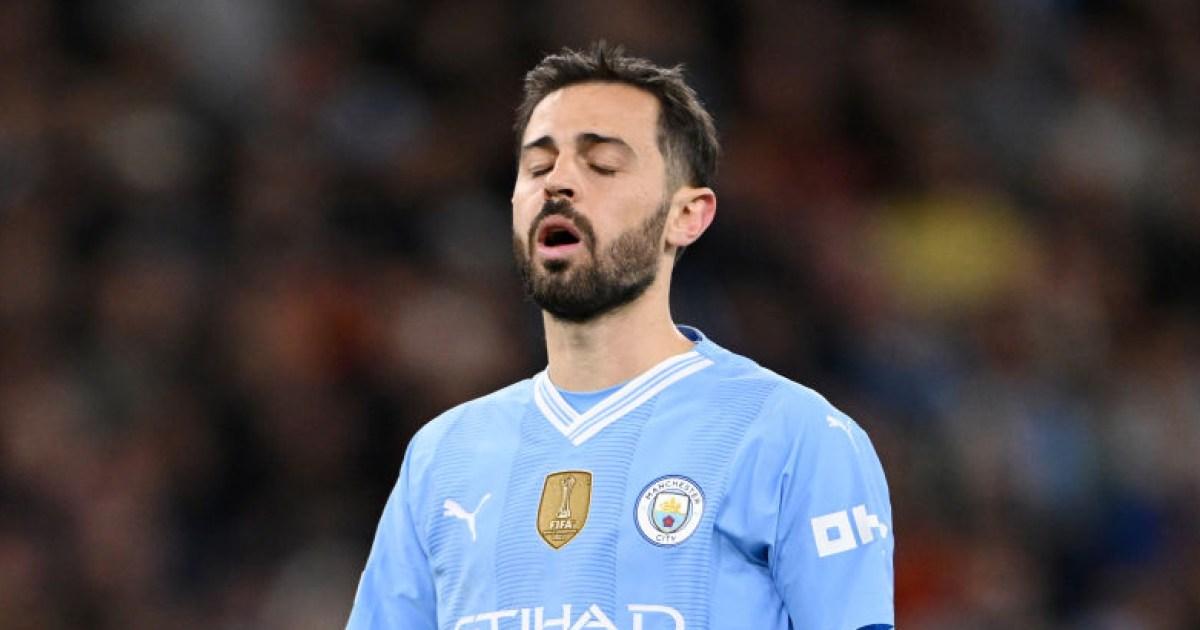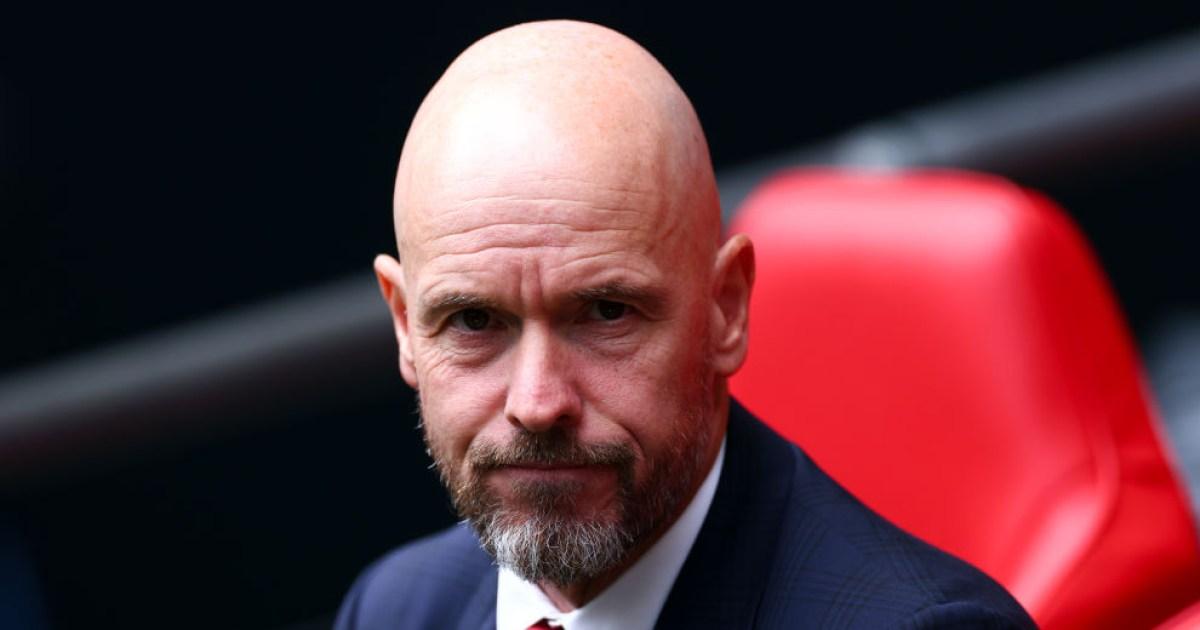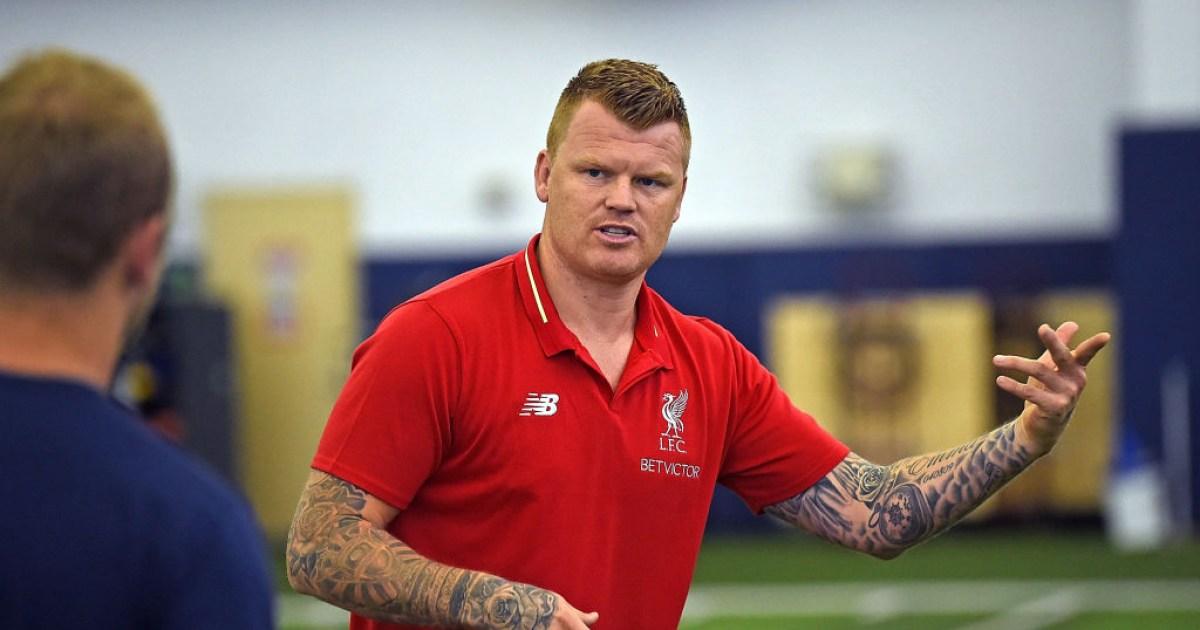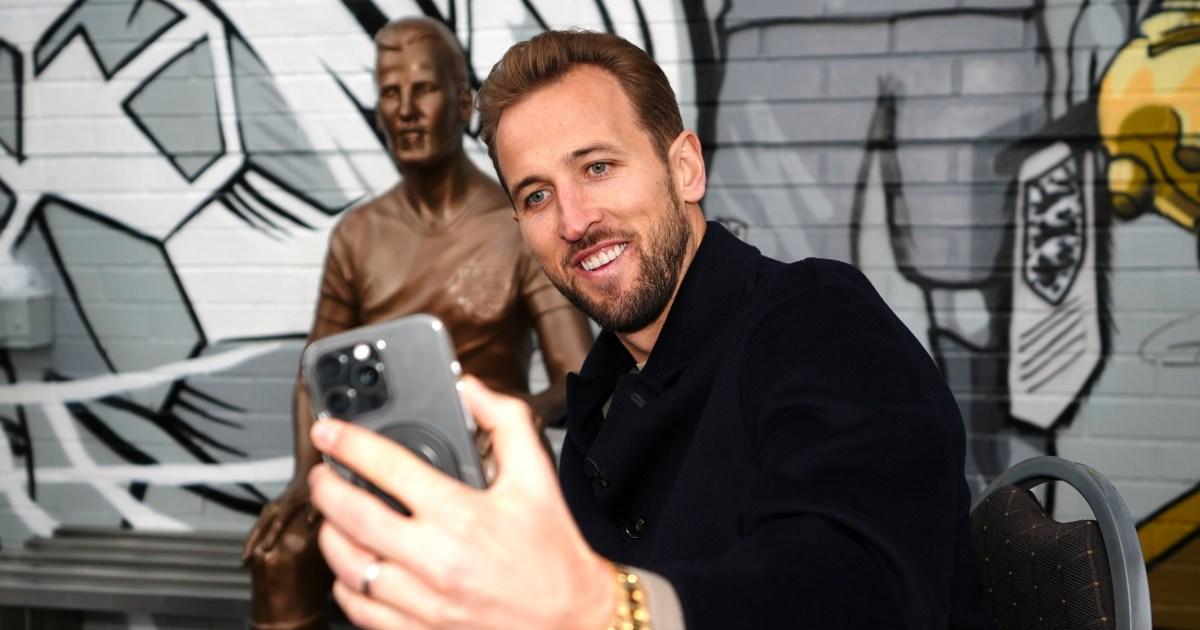Julen Lopetegui’s appointment in May was expected to usher in a new era at West Ham. There was a general consensus that David Moyes had taken the club as far as he could, that the reactive football had become stale, even though the approach secured a European trophy.
West Ham had the fourth-lowest possession average (40.5%) in the Premier League last season as they defended in numbers before breaking at speed to capitalise on space vacated when opponents pushed forward. They scored the joint-most counterattacking goals (nine), and only 22% of their attacks came through the middle, the lowest in England’s top tier, as they sought to utilise the wide men in Moyes’s favoured 4-2-3-1.
With Lopetegui at the helm, the aim is to circulate the ball and retain possession as their way of minimising the chances they concede. West Ham’s possession average has risen to 45.3% but they remain just as open.
The average number of shots conceded per game has dropped marginally from 17.2 to 16.3, but having generated an expected goals against total of 22.12 after 11 games, they are in line to effectively match last season’s 76.48 xGA. They have won only three times in the league, including against promoted Ipswich and a beleaguered Manchester United who sacked Erik ten Hag two days later.
The main gripe for fans is that West Ham spent heavily over the summer to assemble a squad capable of competing regularly under Lopetegui. These weren’t run-of-the-mill additions to bolster the squad, but players who were supposed to be capable of taking the club to the next level.
But there is no obvious sign of an uplift under Lopetegui, and the team have conceded 19 goals, two fewer than bottom-placed Southampton. System changes have not helped, particularly when Lopetegui seemed to have found that ‘Eureka!’ moment at different stages. He has so often favoured 4-2-3-1 during his career but having secured commendable results with the formation in a 1-1 draw at Fulham and the 2-1 win over United, he moved to a three man-defence for the following matches. They resulted in 3-0 defeats by Chelsea and Nottingham Forest.
A lack of consistency in team selection has also not helped. Although it will take time for West Ham to adjust to a change in head coach, particularly one whose approach differs considerably from his predecessor, it shouldn’t come as a surprise that Lopetegui has two games – at Newcastle and at home to Arsenal – to save his job after the dismal 0-0 draw with Everton before the international break. The fixture at St James’ Park will be only their second outside London in the league this season.
The hope for West Ham is that the break provided enough respite for Lopetegui to get the fundamentals across on the training pitch to turn their fortunes around. Supporters would be more willing to give the former Wolves manager the patience to translate his ideas across if there was evidence of a sense of change.
after newsletter promotion
Ill-discipline points to players being frustrated, with West Ham second for fouls per game (13), eighth for yellow cards (27) and second for red cards (two). Whether that is with the tactics or results remains to be seen, but West Ham are struggling not only to keep opponents out but also to create chances: 13 goals scored is one fewer than promoted Leicester, and 17 big chances created is the third-lowest, with only Everton (16) and Southampton (15) creating fewer.
Lopetegui is no stranger to short stints, having lasted 10 weeks at Real Madrid – in 2018 – and nine months at Molineux. There could be another early curtain call.







